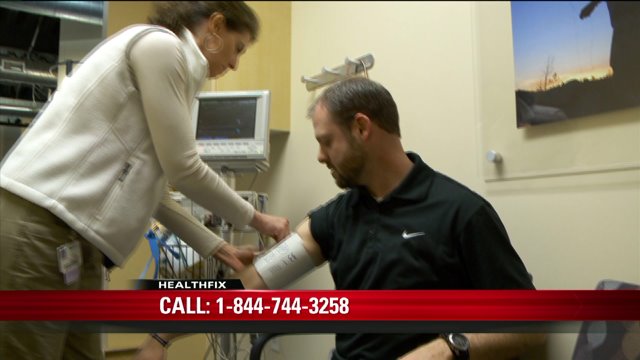Cardiac rehabilitation (rehab) is commonly recommended for patients who are recovering from heart attacks, heart failure, and heart surgery or other coronary procedures such as stenting or angioplasty. Cardiac rehab can help a patient rebuild and gain control of his or her life after a serious medical emergency or life-changing surgery. A cardiac rehab team helps patients become confident and stable enough to manage their heart conditions and make necessary lifestyle changes for better overall health. Cardiac rehab is a long-term—and sometime life-long—maintenance program that can improve quality of life.
What is involved in cardiac rehab?
- Medical evaluation to assess a patient’s needs and limitations
- Personalized rehabilitation programs
- Supervised physical activity routine based on personal needs
- Lifestyle education and heart condition management tools
- Counseling, support, and additional health resources
Benefits of Supervised Cardiac Rehab Programs
- Improve physical activity level through supervised exercise programs
- Reduce risk of heart disease or worsening heart conditions
- Provide a variety of resources to help patients quit smoking, learn about nutrition, lose weight, and manage heart condition
- Stress management
- Gain advice and supervision from a team of healthcare professionals
- Act as a line of communication between patient and primary care doctor


